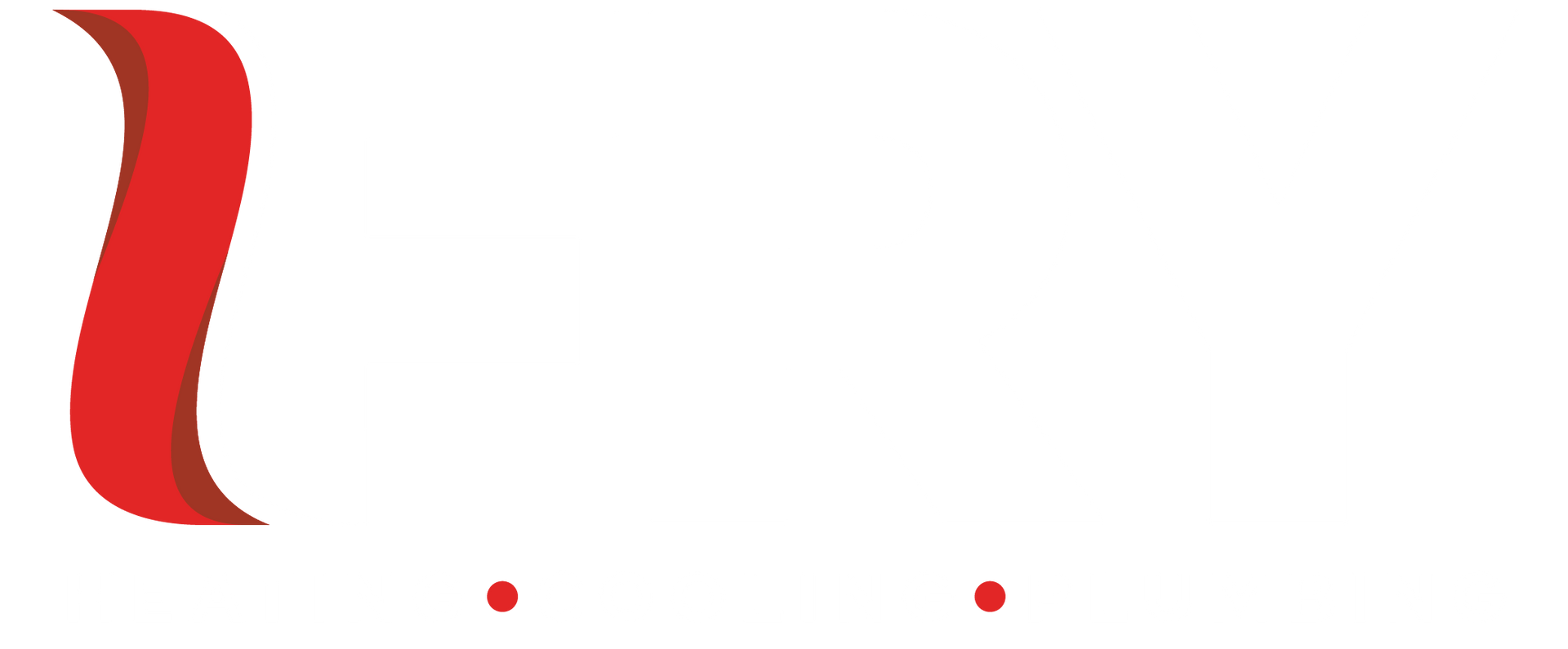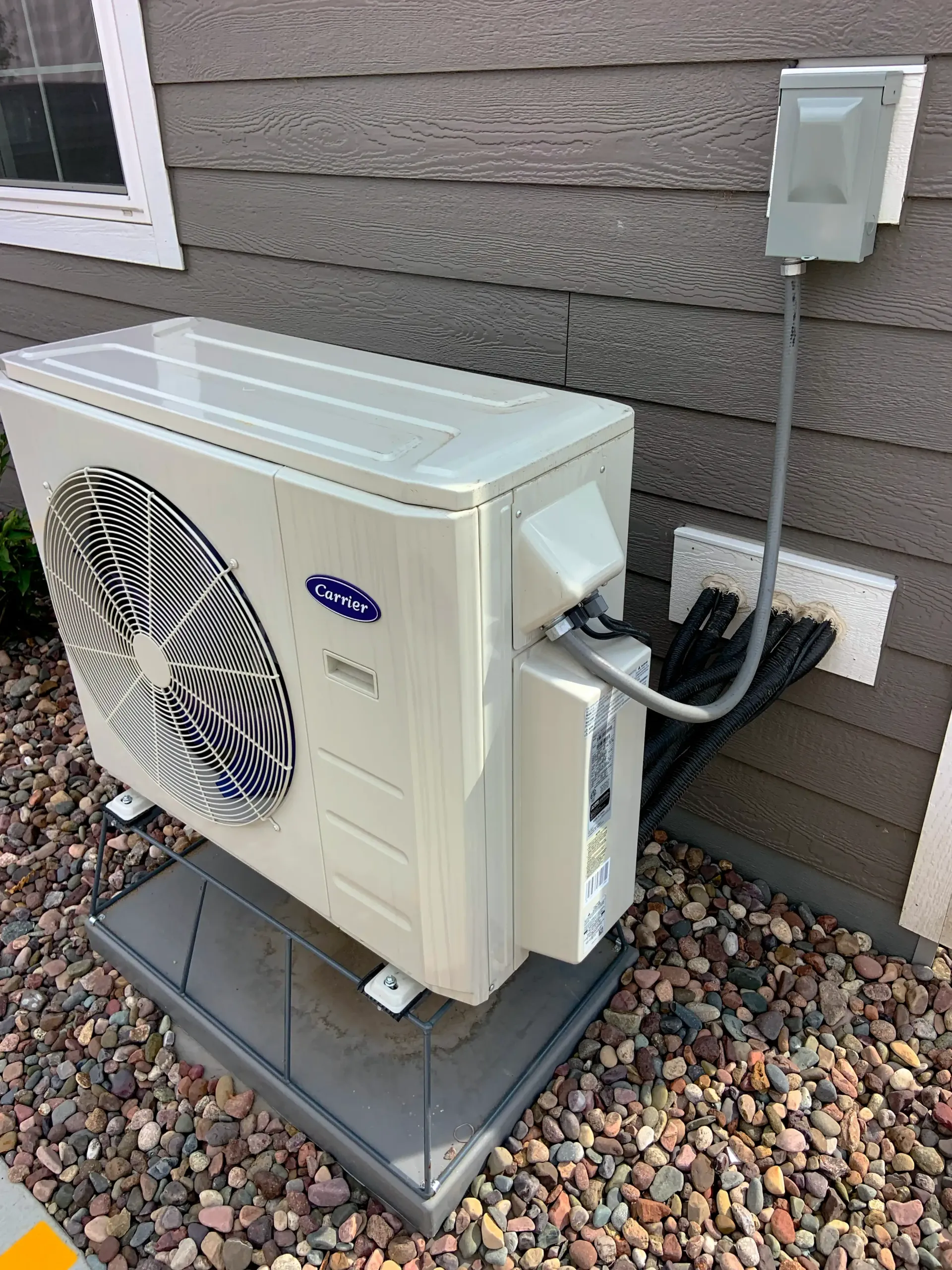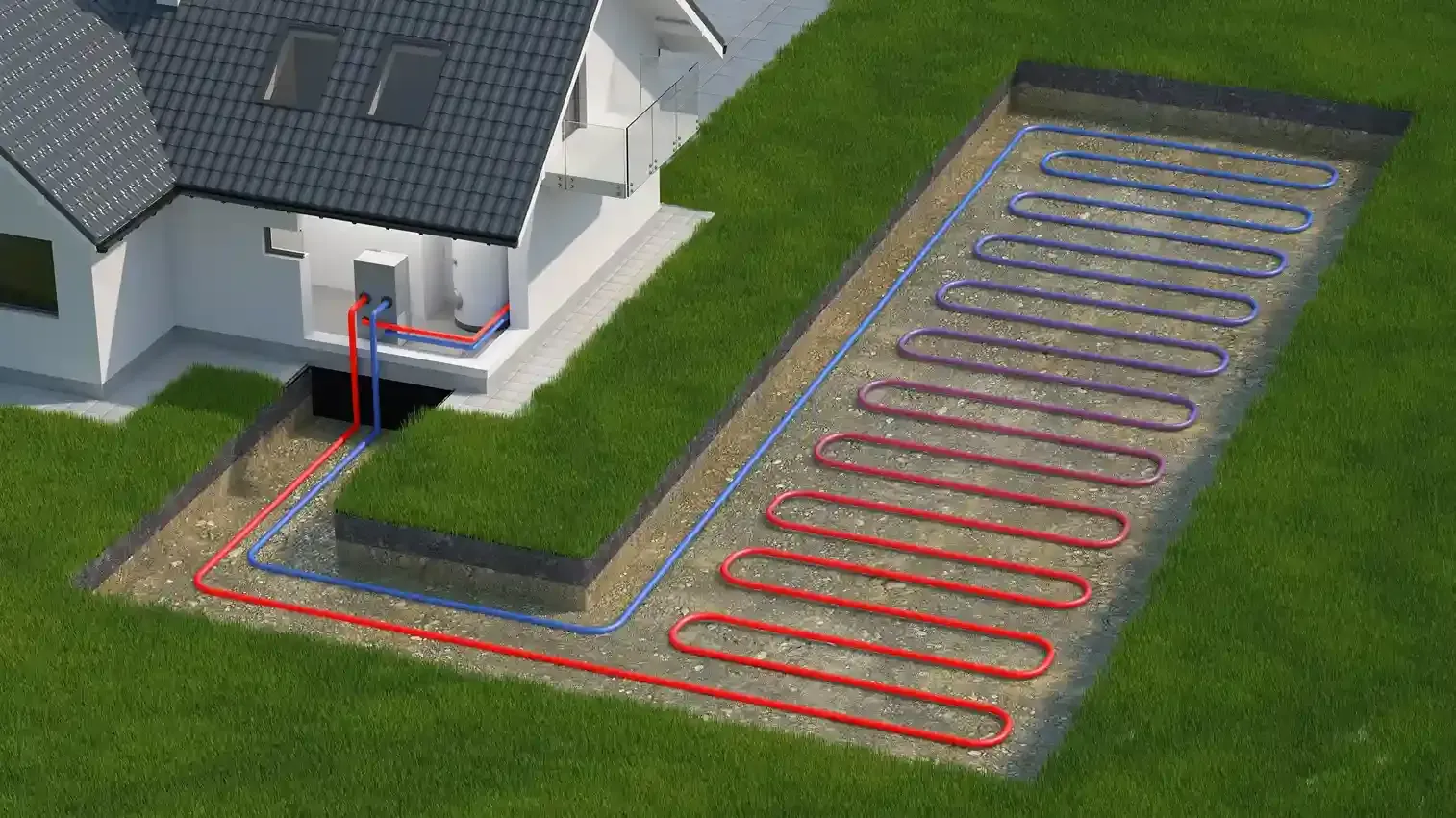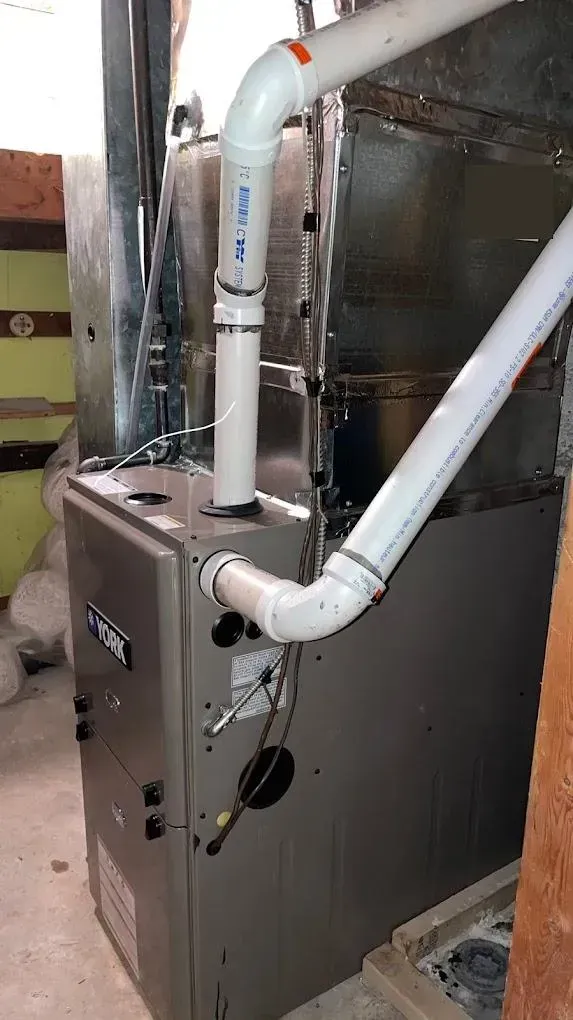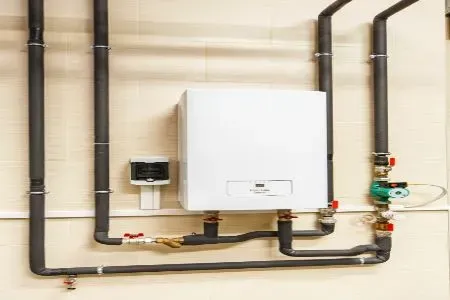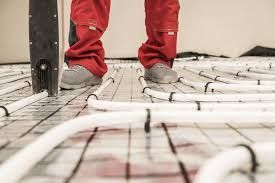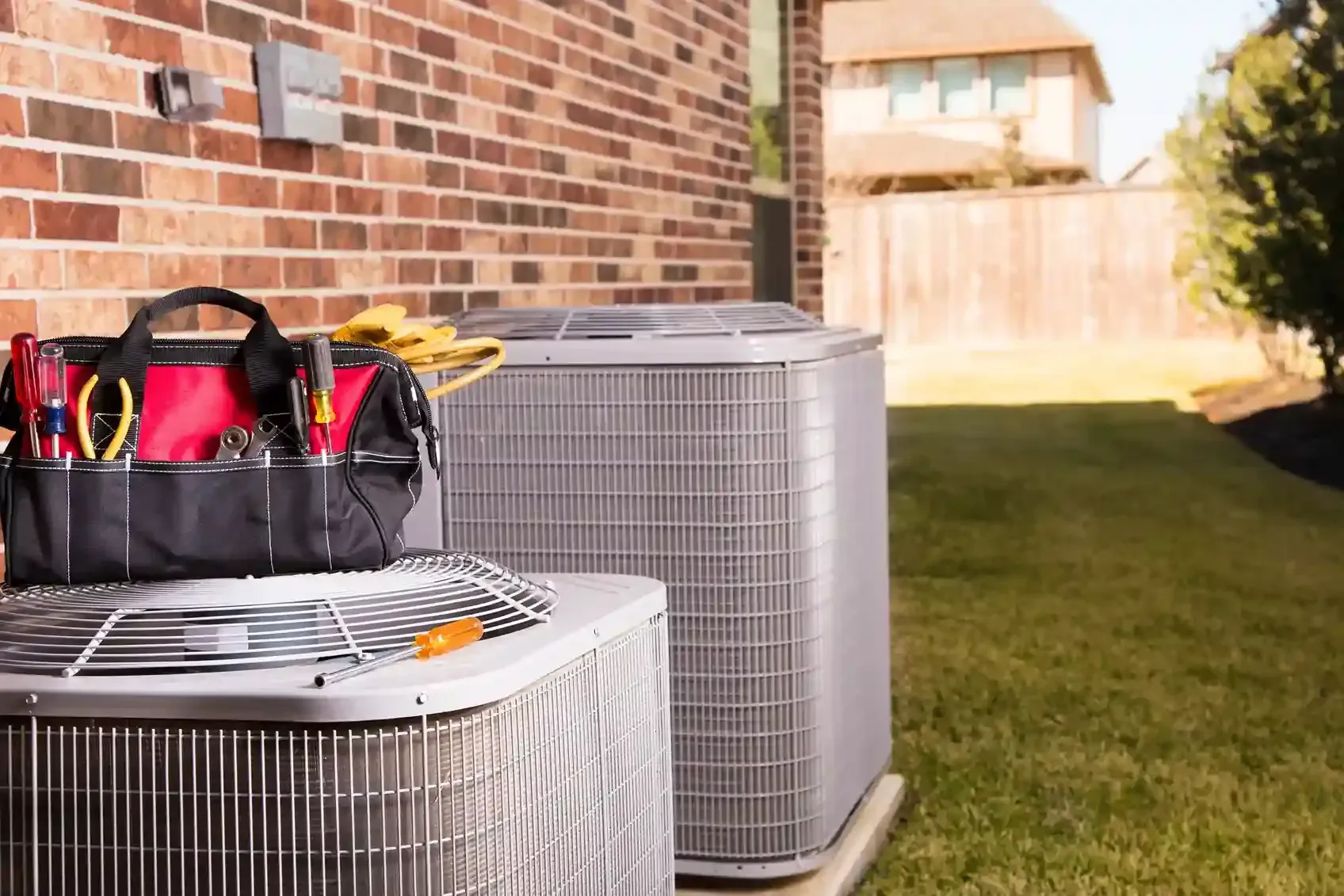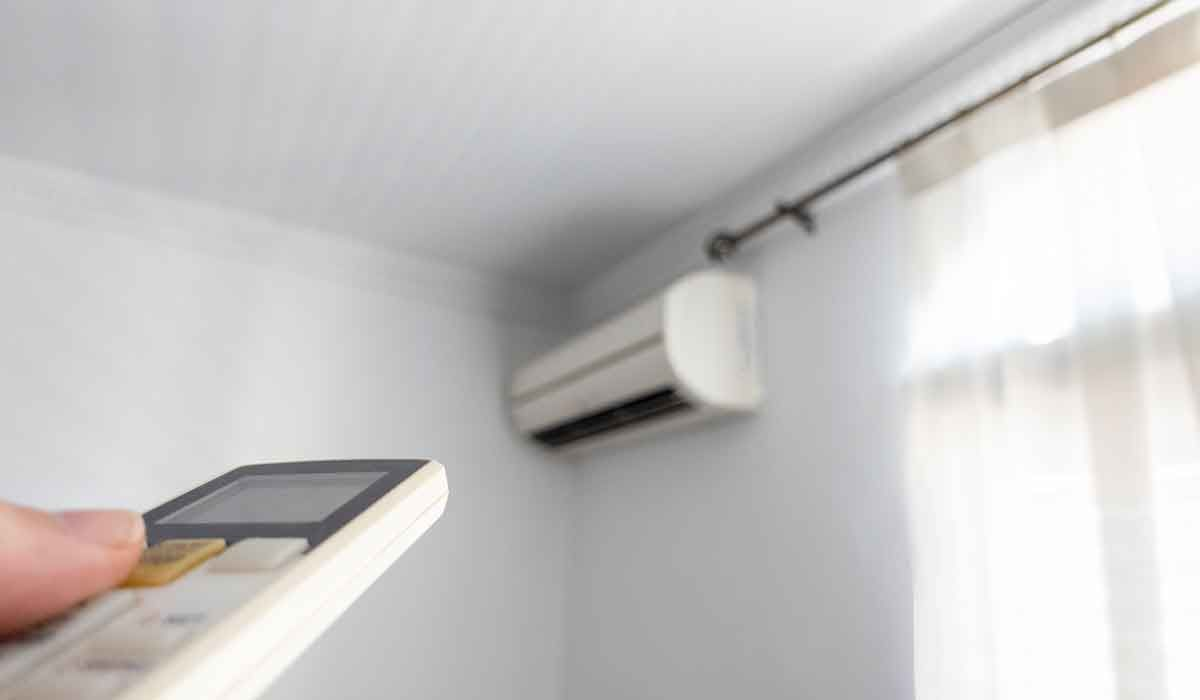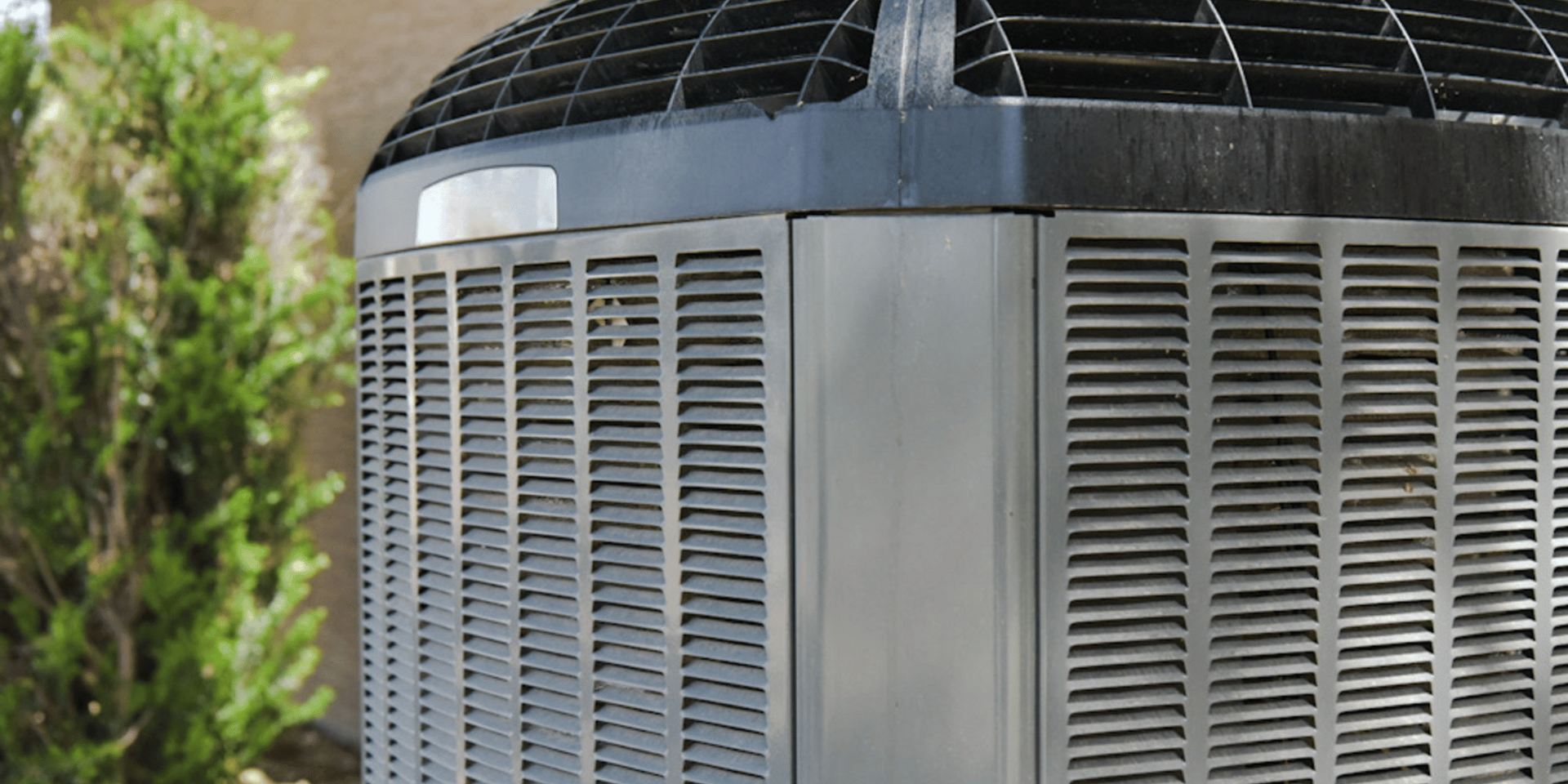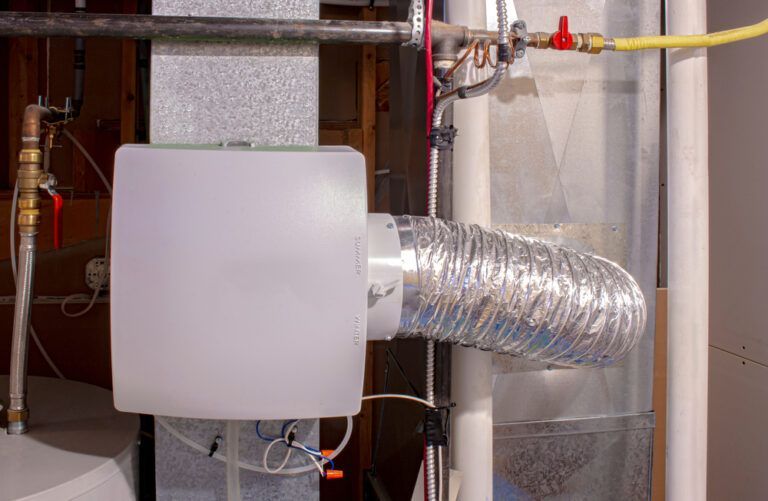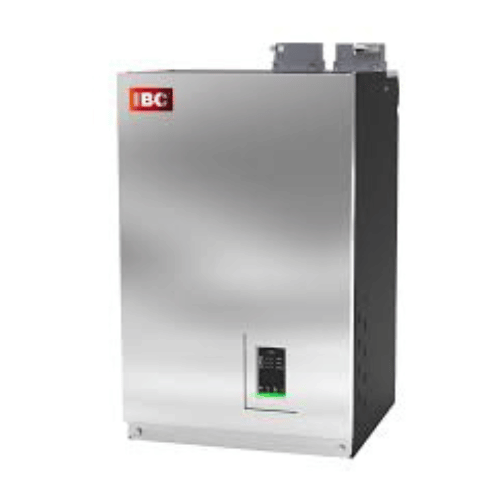Geothermal Heating vs. Air Source Heat Pump Which System is Better?
Geothermal Heating vs. Air Source Heat Pump
Which System is Better?
The increasing demand for renewable and efficient energy sources has led to the rise of innovative heating and cooling solutions, such as geothermal heating and air source heat pumps. Homeowners and businesses are often faced with the challenge of choosing between these two systems. In this article, we will compare the features, advantages, and drawbacks of both systems to help you make an informed decision.
Geothermal Heating: The Ground-Source Powerhouse
Geothermal heating systems, also known as ground-source heat pumps, take advantage of the stable temperature of the earth's surface to heat and cool buildings. These systems rely on a network of underground pipes filled with a heat-transfer fluid that absorbs heat from the ground and transfers it to the building. In the summer, the process is reversed, and heat is transferred from the building back into the ground.
Pros of Geothermal Heating:
- Efficiency: Geothermal systems are highly efficient, with coefficients of performance (COP) ranging from 3.0 to 5.0. This means that for every unit of electricity used, they can generate 3 to 5 units of heat. This makes them 300% to 500% more efficient than traditional heating systems.
- Environmentally friendly: Geothermal heating has minimal environmental impact, as it relies on a renewable energy source and emits virtually no greenhouse gases.
- Lower operating costs: Despite higher upfront installation costs, geothermal systems have lower operating and maintenance costs than traditional heating systems, resulting in long-term savings.
- Quiet operation: Geothermal systems are quieter than air source heat pumps, as they have fewer moving parts and no outdoor unit.
Cons of Geothermal Heating:
- High installation costs: Geothermal systems have a higher upfront cost compared to air source heat pumps, primarily due to the need for extensive excavation and the installation of the ground loop.
- Limited availability: Geothermal systems may not be suitable for all locations, as they require a sufficient amount of land for the ground loop installation.
Air Source Heat Pump: The Versatile Alternative
Air source heat pumps (ASHPs) extract heat from the outside air and transfer it into the building for heating. During the summer, ASHPs work in reverse, cooling the building by transferring heat from the inside to the outside.
Pros of Air Source Heat Pump:
- Flexibility: ASHPs are suitable for a wide range of building types and climates. They can be installed in urban and rural areas, and they don't require extensive excavation or land availability.
- Lower upfront costs: The installation of an ASHP system is generally less expensive than that of a geothermal system, making it a more affordable option for many homeowners and businesses.
- Renewable energy: ASHPs utilize a renewable energy source (the air) and have a relatively low environmental impact.
- Heating and cooling: ASHPs can provide both heating and cooling, making them an all-in-one solution for temperature control.
Cons of Air Source Heat Pump:
- Lower efficiency in extreme temperatures: ASHPs lose efficiency as the outside temperature drops, making them less suitable for extremely cold climates.
- Noise: ASHPs typically have an outdoor unit that can produce noise, which may be a concern for some homeowners.
Conclusion
Both geothermal heating and air source heat pumps offer significant advantages in terms of efficiency, environmental impact, and long-term savings. When choosing between the two systems, factors such as installation cost, location, land availability, and climate should be taken into consideration.
Geothermal heating is generally more efficient and has lower operating costs, but it requires a higher upfront investment and sufficient land for installation. On the other hand, air source heat pumps are more flexible in terms of installation and can be used in a wider range of locations, but they may be less efficient in extremely cold climates and produce more noise.
Ultimately, the decision between a geothermal heating system and an air source heat pump depends on your specific needs, budget, and location. It is essential to consult with a professional heating and cooling contractor who can assess your property and provide personalized recommendations based on your requirements. By carefully weighing the pros and cons of each system, you can make an informed decision and enjoy the benefits of a comfortable, energy-efficient, and environmentally friendly home or workplace.
We're Listening | Get a free quote today!
Fry - Blog
We will get back to you as soon as possible.
Please try again later.



